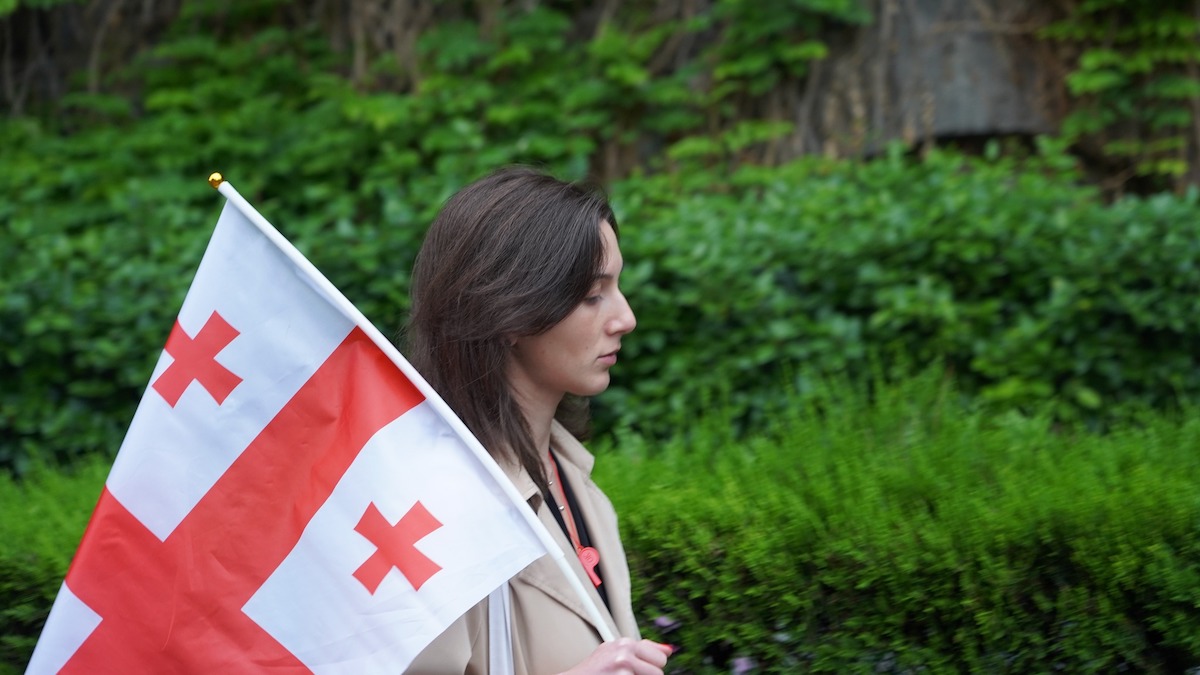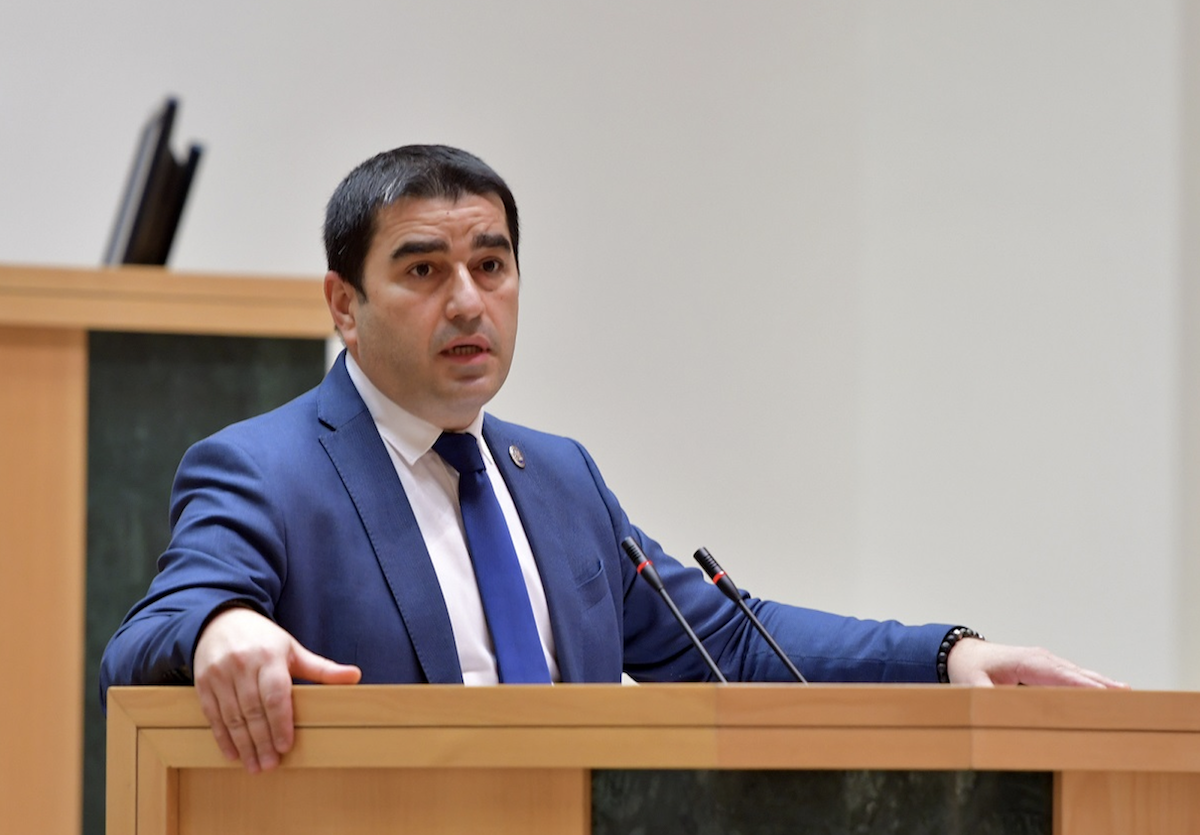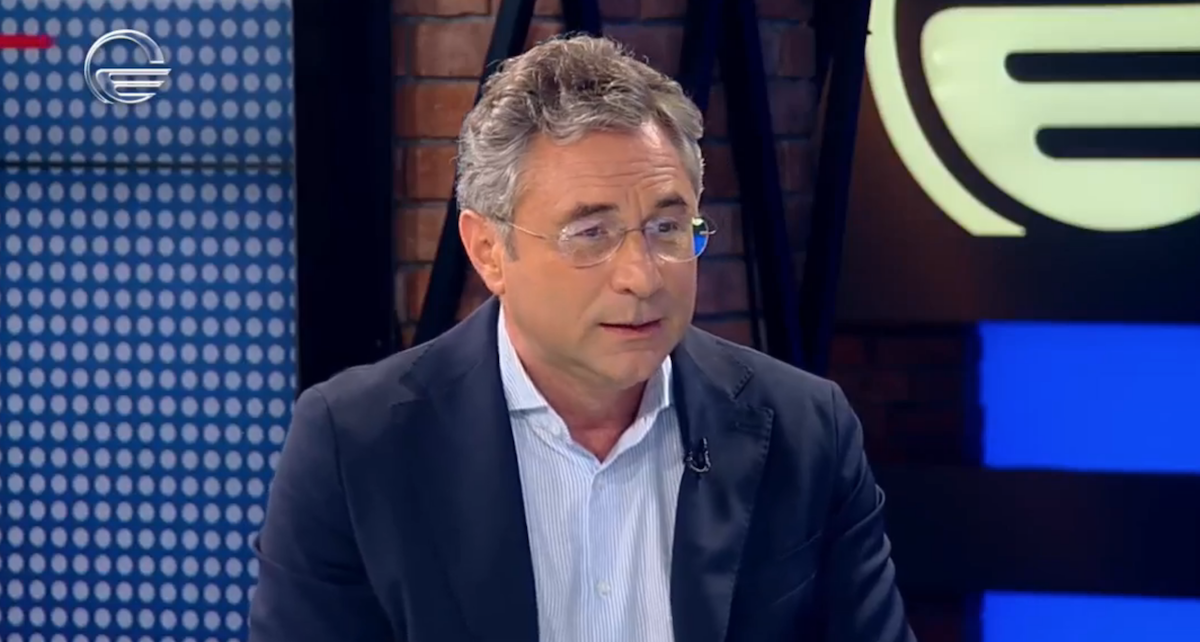From 2019 to 2024, Georgian government institutions received 11 times more EU funding than NGOs
EU funding for Georgian government
From 2019 to 2024, Georgian government institutions received €517 million from the European Union, whereas civil society organizations received significantly less at €46.1 million. This information is reported in the latest European Commission report, highlighting that EU funding to Georgian government institutions is eleven times higher than that allocated to civil society.
The €46.1 million allocated by the European Union to civil society in Georgia funded 47 projects implemented by over 170 organizations across various sectors throughout the country:
- Human rights and gender equality: €8.6 million
- Democratic participation and independent media: €8 million
- Business development and vocational education: €7.9 million
- Support for security sector reform: €4.9 million
- Culture and creative industries: €4.6 million
- Building trust for conflict resolution: €4 million
- Decentralization and rural development: €3.9 million
- Environmental protection and climate: €2 million
- Promoting public administration reform: €1.2 million
- Legal and judicial system: €1 million
From 2019 to 2024, more than two-thirds of the funding received from the EU was allocated to civil society organizations in Georgia. This funding supported vulnerable groups, vocational education, entrepreneurship, social services, youth engagement, community development, cultural initiatives, and environmental protection measures.
The remaining one-third of the funding was directed to organizations that oversee, promote, and collaborate with government agencies on issues such as human rights, EU standards adoption, gender equality, and decentralization efforts.
Among the top 10 beneficiaries of EU assistance to Georgia from 2019 to 2024 are the following government institutions:
- Ministry of Regional Development and Infrastructure: 111.55 million euros
- Ministry of Finance: 101.40 million euros
- Ministry of Defense: 62.75 million euros
- Ministry of Environment and Agriculture: 57 million euros
- Ministry for Internally Displaced Persons from the Occupied Territories, Labour, Health and Social Affairs: 25.07 million euros
- Government Commission on Migration: 19 million euros
- Ministry of Education, Science, and Youth: 12.85 million euros
- Ministry of Internal Affairs: 10.5 million euros
- Ministry of Economy and Sustainable Development: 5 million euros
- State Chancellery: 4 million euros
It’s worth noting that the Parliament also received 4.8 million euros among the beneficiaries.
After the adoption of the “foreign agents” law, Georgia’s process of joining the EU was frozen. According to EU Ambassador Pavel Herczynski, the European Union also suspended 30 million euros in aid intended for Georgia’s defense forces from the European Peace Fund (EPF). Herczynski warned that further deterioration in Georgia could lead to additional measures. Previously, senior European officials repeatedly emphasized that this law is isolating Georgia from the EU.
Germany became the first major EU country to comprehensively reassess its relations with Georgia, including canceling joint forums, withdrawing from joint military exercises, and refraining from new financial commitments to Georgia. Following Germany, France also temporarily suspended direct budgetary assistance to Georgia, according to French Ambassador Shiraz Ghasri.
Simultaneously, the U.S. House Committee on Foreign Affairs passed the “Megobari Act,” proposing sanctions against Georgian government officials involved in passing the “foreign agents” law. However, the Act promises enhanced support for Georgia if it strengthens its democratic, Western-oriented course.





















